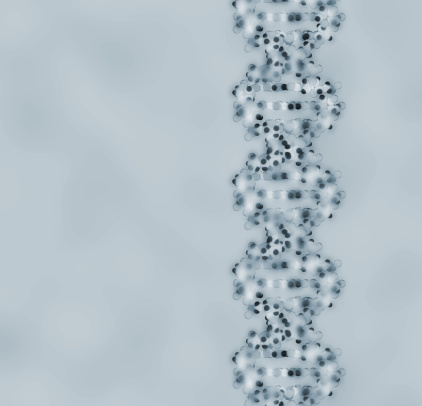A new study from the St. Jude Children’s Research Hospital – Washington University Pediatric Cancer Genome Project, is the most comprehensive analysis yet of the role genes associated with cancer predisposition play in childhood cancer. It suggests that comprehensive genomic screening may be warranted on all pediatric cancer patients, not just those with a family history of cancer. The study appeared in the November 19 edition of the New England Journal of Medicine.
Throughout the study, researchers conducted next-generation DNA sequencing of both the tumor and normal tissues from 1,120 pediatric cancer patients. They found that about 8.5 per cent of the subjects had pathogenic or probably pathogenic germline mutations within their normal tissue, increasing their risk of developing cancer.
Prior to this analysis, the presence of such mutations was thought to be extremely rare and restricted to children in families with strong histories of cancer. According to this study, however, more than half of the children with germline mutations lacked any family history of this disease.
“This paper marks an important turning point in our understanding of pediatric cancer risk and will likely change how patients are evaluated,” corresponding author James R. Downing, M.D., president and chief executive officer of St. Jude. “For many pediatric cancer patients, comprehensive next-generation DNA sequencing of both their tumor and normal tissue may provide valuable information that will not only influence their clinical management but also lead to genetic counseling and testing of their parents and siblings who may be at risk and would benefit from ongoing surveillance.”
St. Jude has initiated a new clinical research study, Genomes for Kids (G4K), which incorporates an unparalleled level of next-generation sequencing into the medical workup of every eligible pediatric cancer patient who enters the hospital for treatment.









